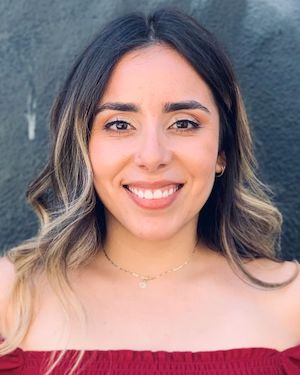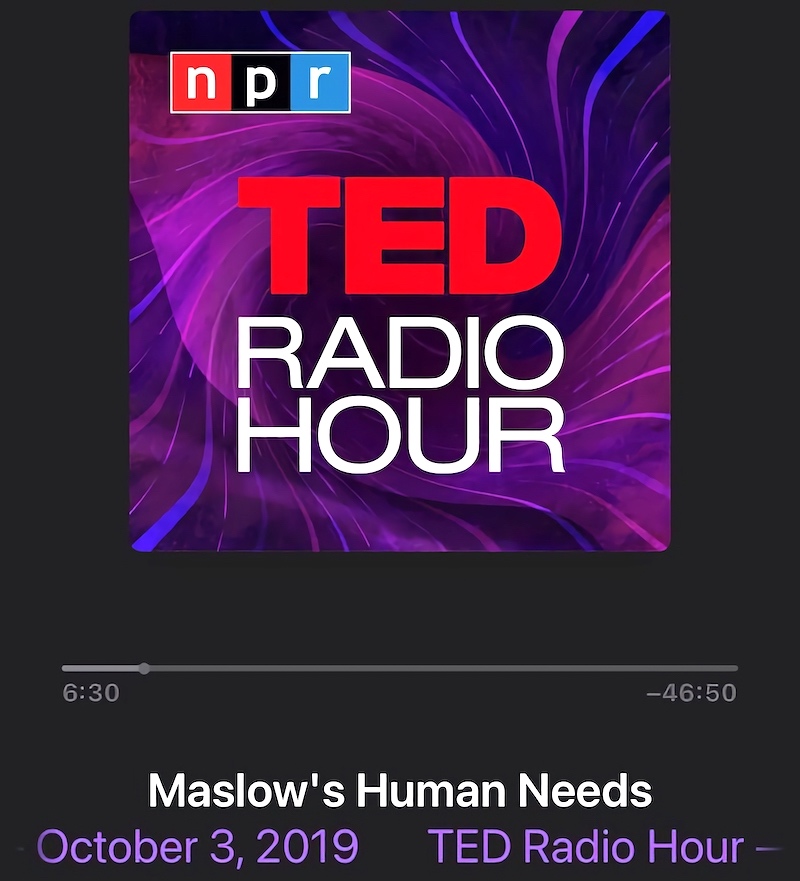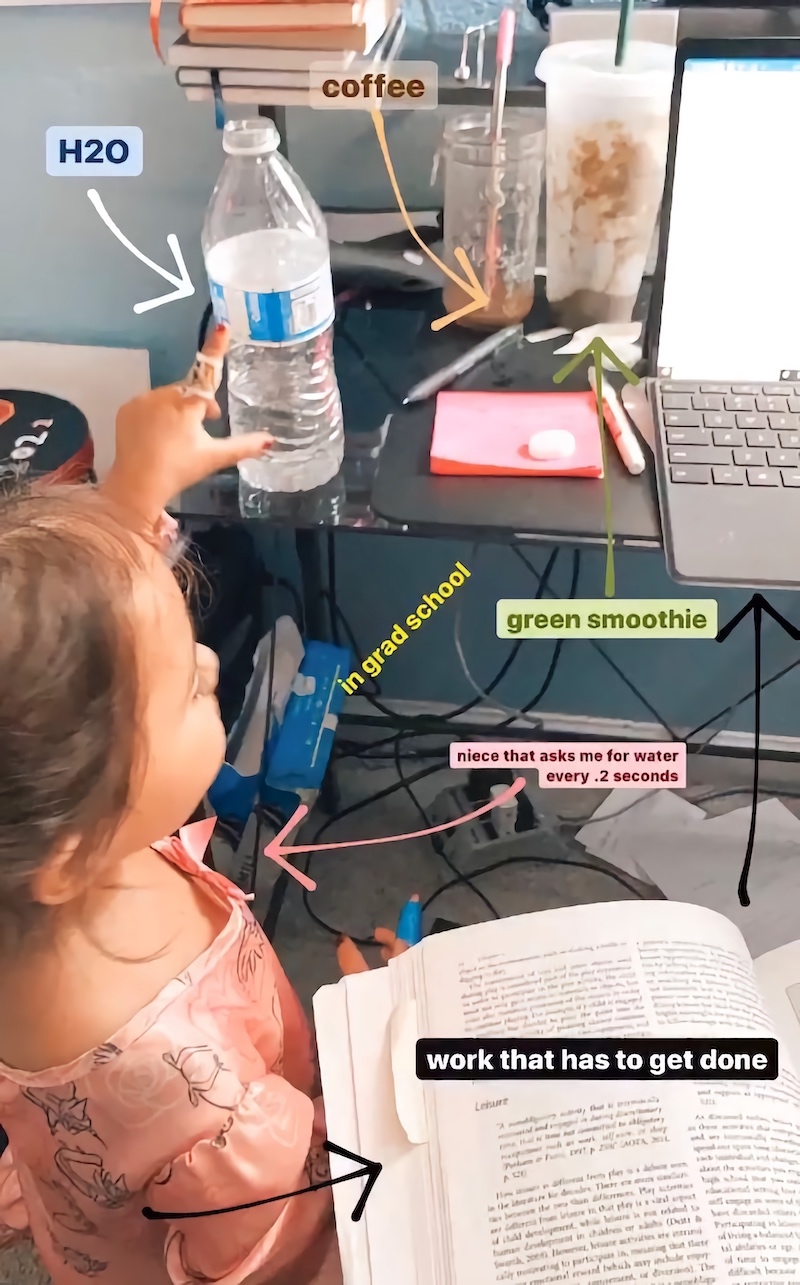10 tips from me to you

December 20, 2021
by Silvia
My DMs — and by DMs, I mean email — have been poppin’ with variations of the same question: “Any advice/tips regarding the program or in relation to pursuing higher education?”
To be completely honest, I don’t know how I have made it this far. I guess it really is fake it till you make it, am I right? When you’re a first-gen student not only do you not have people to guide you through this journey, but you also don’t know what questions you should be asking to those that may be able to advise you. There’s a lot that I wish I would have known before romanticizing the idea of being the first in my family to go to college, pero no pasa nada oiga. Ya estamos aquí, y lo que me toca a mi is to share some of the things that have helped me thrive as a student and person. I’ll preface the rest of this blog by saying that these are general tips that I have put together as I look back on my academic career, but feel free to reach out for more specific advice if you need.
Okay so here we go, Blogmas day 10 = 10 tips from me to you. 😊
10. Develop a morning routine
Morning routines are your friend. When I started the program, it was completely online, which made it easy to wake up minutes before class, roll over, grab my laptop, and log on from bed. It also made it easy to fall right back to sleep . . . oops. Needless to say, this was not a productive or effective start to my school day; I felt like I needed to do something to feel awake and alert for class in the mornings. One day I decided to wake up early to work out before class and let me tell you, it was life changing. I live by my morning routine and think we should all have one. Some one told me that there are two instances during which we can have the most control over our days — you can’t control what happens throughout your day, but you can decide how you start and end your day (for the most part). I choose to start my day with a morning routine because it sets the mood for the rest of my day and makes me feel accomplished from the get-go.
Silvia’s morning routine: wake up between 6:00 AM – 6:30 AM, do a 20-minute workout, drink a cup of water + coffee or tea, do my skincare.
9. Sleep
Raise your hand if you’ve ever been told to get a good night’s sleep before an exam because you’ll do better than if you stay up late trying to cram . . . but you still chose to stay up? I won’t raise my hand because I don’t believe in pulling all-nighters. In undergrad I may have pulled one or two, but since starting OT school, I don’t compromise my sleep. Listen to NPR’s Ted Radio Hour podcast “Maslow’s Human Needs” starting at 6:30 — you can thank me later.

NPR Ted Radio Hour
8. Take a mental health day
That’s it. That is the advice. Don’t go to school, don’t go to work. Take a mental health day.
7. You don’t have to be productive every day
The student urge to make a to-do list of everything they want to get a head start on/finish when they have a day off is real. It’s me, I’m student. Last semester I had class Monday-Wednesday and fieldwork on Fridays. Thursdays were my free days and when I tried to be as productive as I could by getting ahead on readings or finishing assignments, on top of doing ambassador work. Some days though, I was tired and didn’t want to do any schoolwork. At first, I would beat myself up for wasting my day doing “nothing,” thinking it wasn’t “productive.” Truth is, we’ve been conditioned to think that we must always be working or on-the-go, that giving our bodies a rest seems unacceptable. But, in the wise words of my friend Amy, “It’s ok. You don’t need to be productive every day.”
6. Set boundaries
I’m not sure that I do this too well, but Kim said I do so I’m listing it here. Basically, check in with yourself and be realistic of how much you can handle. If you need to say no to something, or push a commitment back, do it.
5. What works for you, works for you
One thing about my cohort is that we help each other out. Everyone shares their study materials — whether it is a Quizlet or a study guide — and I love them for this. However, I can’t stress how important it is to know that what works for them may not work for you and vice versa. When my friends started sharing their study materials for an exam that I hadn’t even thought of, I became anxious, and the impostor syndrome kicked in. Was I smart enough or competitive enough to be in this program? I had to give myself a pep-talk to remind myself that we have all gotten here doing things differently and what works for me, works for me, anything beyond that can be used to supplement my study skills and habits. Let me know if you need a pep-talk.
4. Plan your days
I use my planner religiously. Even if my days look the same every day, I write down my schedule to a T, and try to stick to it as much as possible. Similar to my morning routine, this gives me a sense of control over my day, and there’s just something so satisfying about crossing things off as you go through your day.
3. “Not my best work” is good enough
If I had a dollar for every time I turned something in last semester and said, “that was not my best work,” I would have a lot of money, still not enough to pay my tuition, but enough to kick off my last semester of grad school with a girls trip.
For real though, doing the bare minimum is good enough sometimes. If you want to have a life outside of school, while still being a “good student,” you’re going to have to learn to prioritize which assignments need to be your best work, and which don’t. If it is a credit/no credit assignment do not spend more than an hour on it (and that’s pushing it).
2. Fake it till you make it
Pretty self-explanatory, I think.
1. Grades don’t matter
Ok, they do . . . but not really. All I can tell you is that if you’re debating between 1) depriving yourself of your favorite and restorative occupations to stress over studying to get an A, or 2) studying modestly while also balancing your other occupations and getting a B, do the latter. There’s more to life than school. You’re still going to graduate and become a great occupational therapist.
Alright friends, that’s it. I have to get back to babysitting but I’ll be back for Blogmas day 2!

Zoom University days with my niece, Demi
⋯
Next by tag Classes ⟩ First-Gen ⟩ Life Hacks ⟩
⋯





